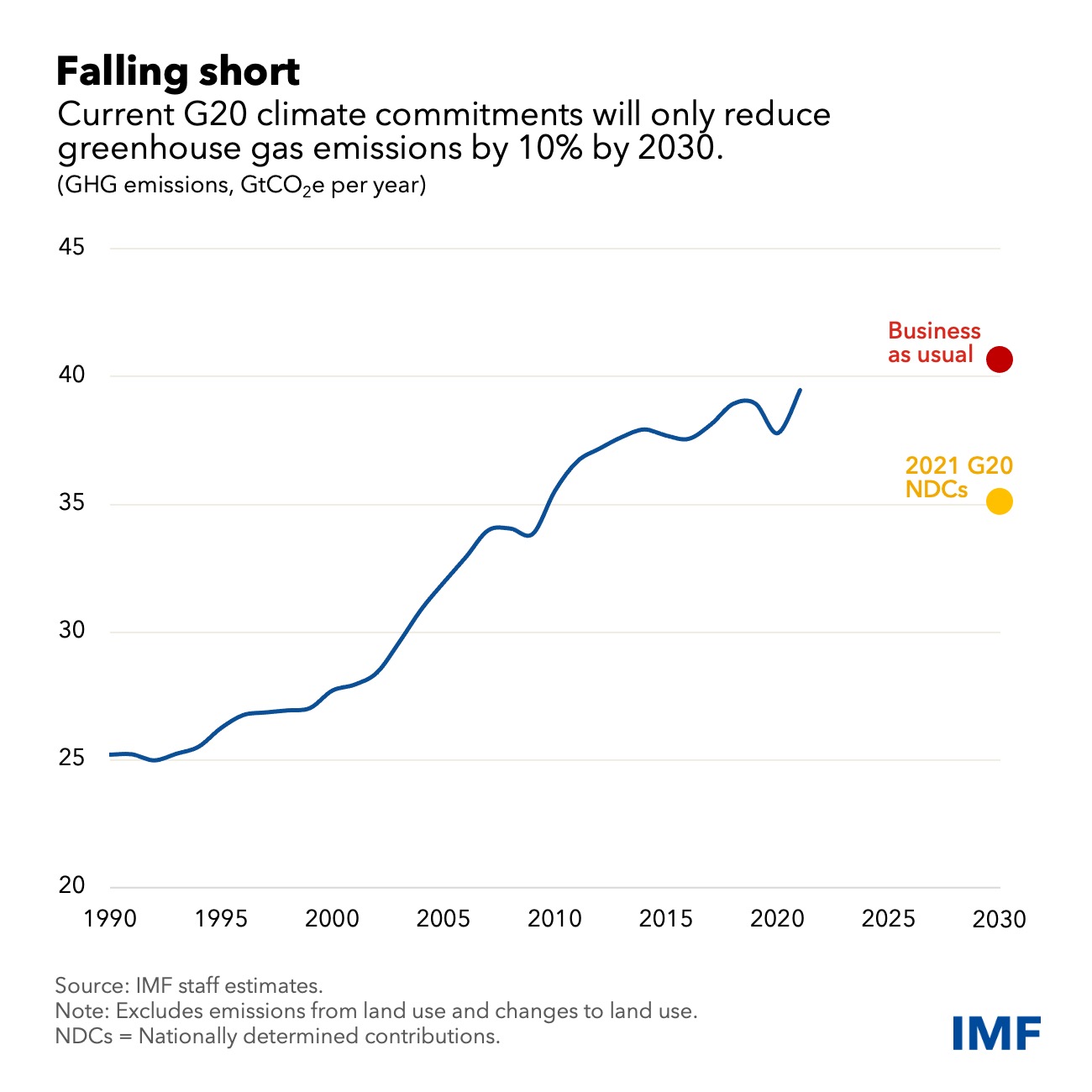Article by Bo Li and Bert Kroese: “A famous physicist once said: “When you can measure what you are speaking about, and express it in numbers, you know something about it”.
Nearly 140 years later, this maxim remains true and is particularly poignant for policymakers tasked with addressing climate mitigation and adaptation.
That’s because they face major information gaps that impede their ability to understand the impact of policies—from measures to incentivize cuts in emissions, to regulations that reduce physical risks and boost resilience to climate shocks. And without comprehensive and internationally comparable data to monitor progress, it’s impossible to know what works, and where course corrections are needed.
This underscores the importance of the support of G20 leaders for a new Data Gaps Initiative to make official statistics more detailed, and timely. It calls for better data to understand climate change, together with indicators that cover income and wealth, financial innovation and inclusion, access to private and administrative data, and data sharing. In short, official statistics need to be broader, more detailed, and timely.
The sector where change is needed the most is energy, the largest contributor to greenhouse gas emissions, accounting for around three-quarters of the total.
Economies must expand their renewable energy sources and curb fossil fuel use, but while there’s been a gradual shift in that direction, the pace is still not sufficient. And not only is there a lack of policy ambition in many cases, there also is a lack of comprehensive and internationally comparable data to monitor progress.
To accelerate cuts to emissions, policymakers need detailed statistics to monitor the path of the energy transition and assist them in devising effective mitigation measures that can deliver the fastest and least disruptive pathway toward net zero emissions…(More)”.

